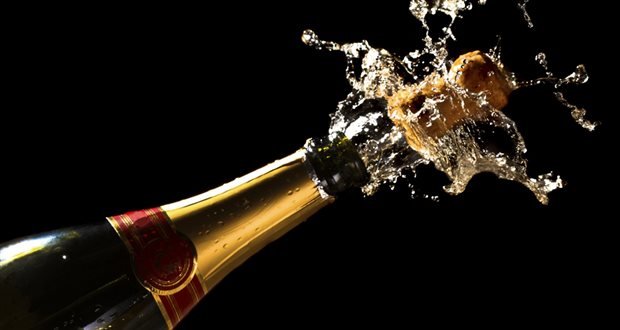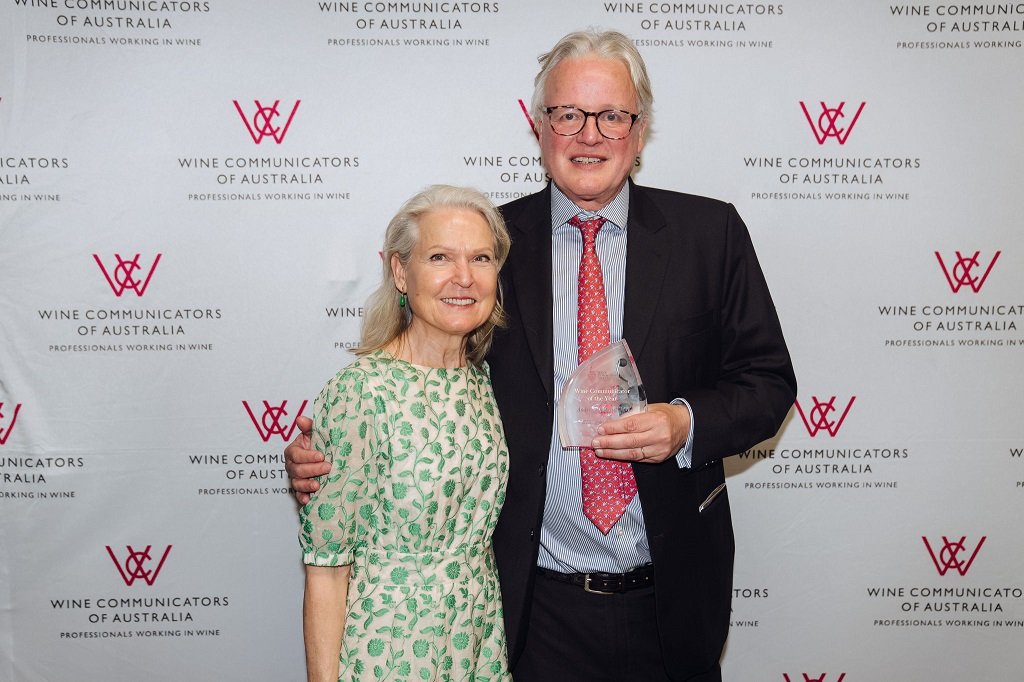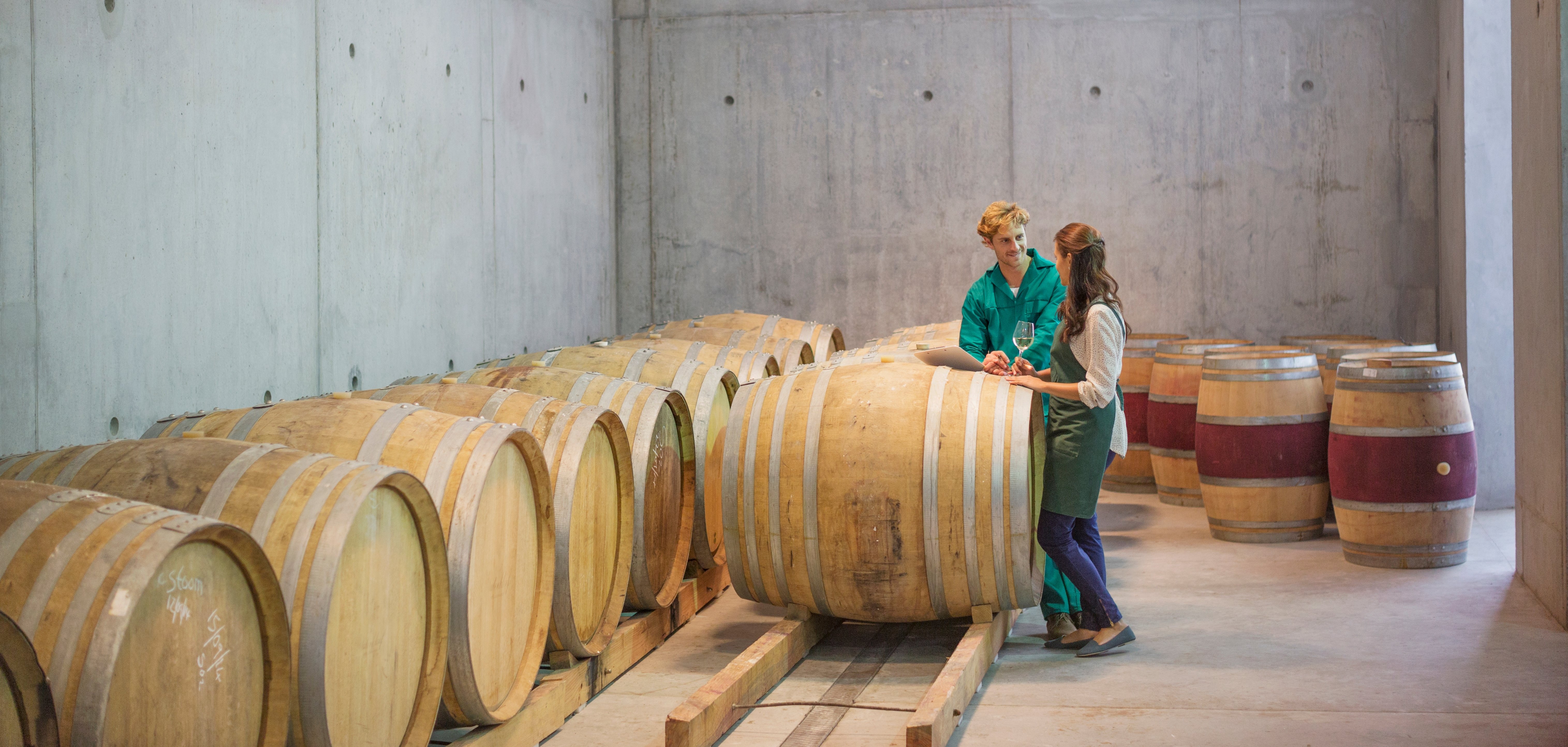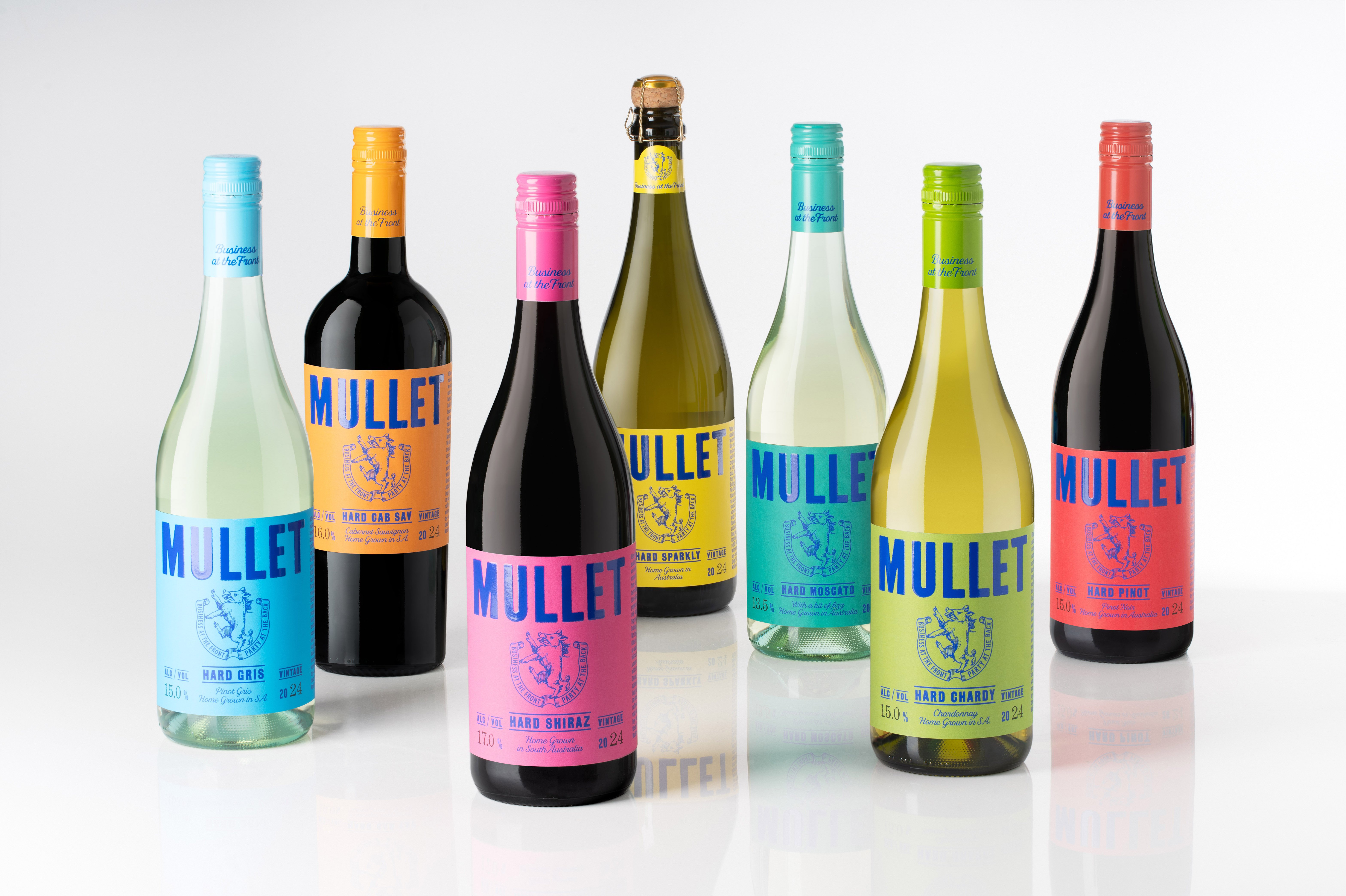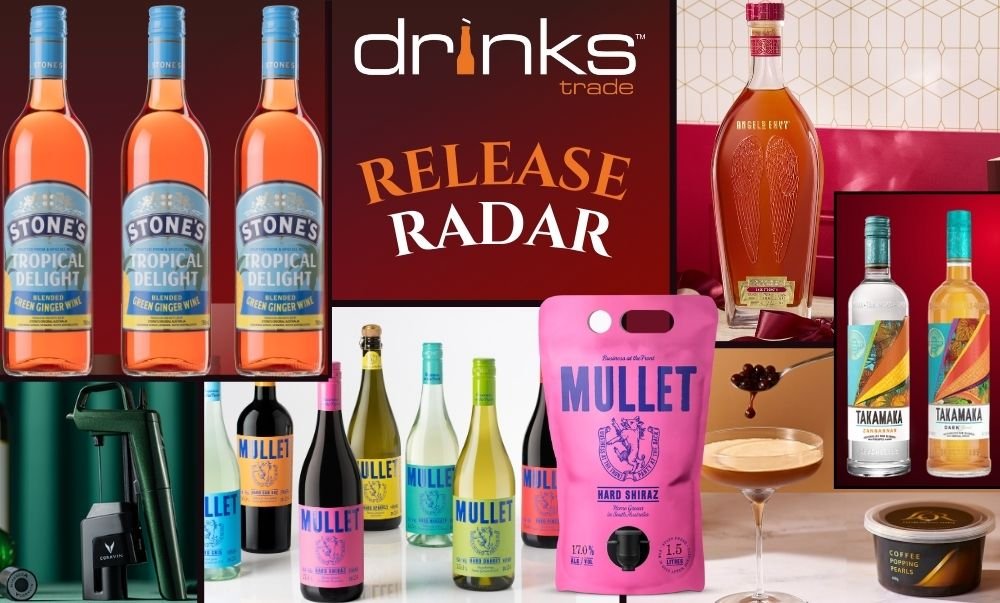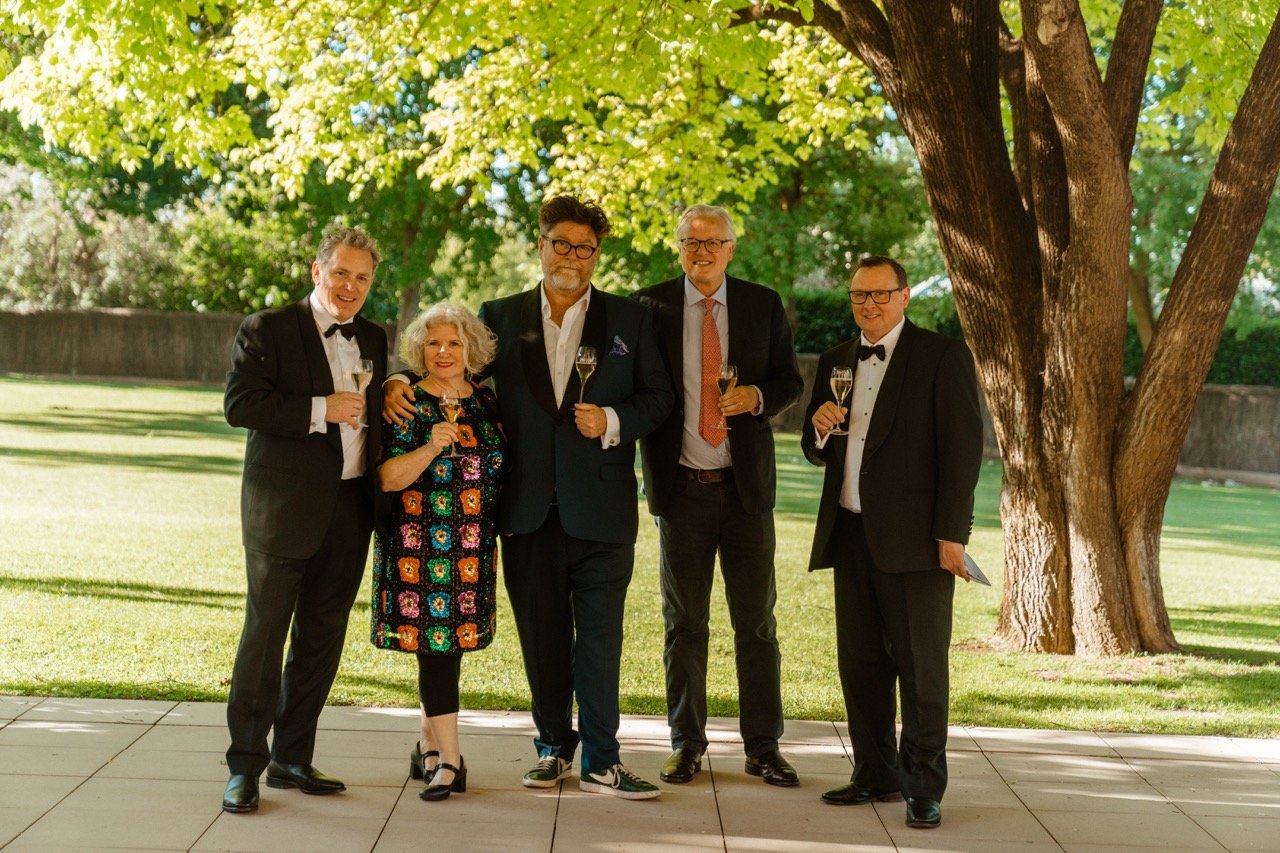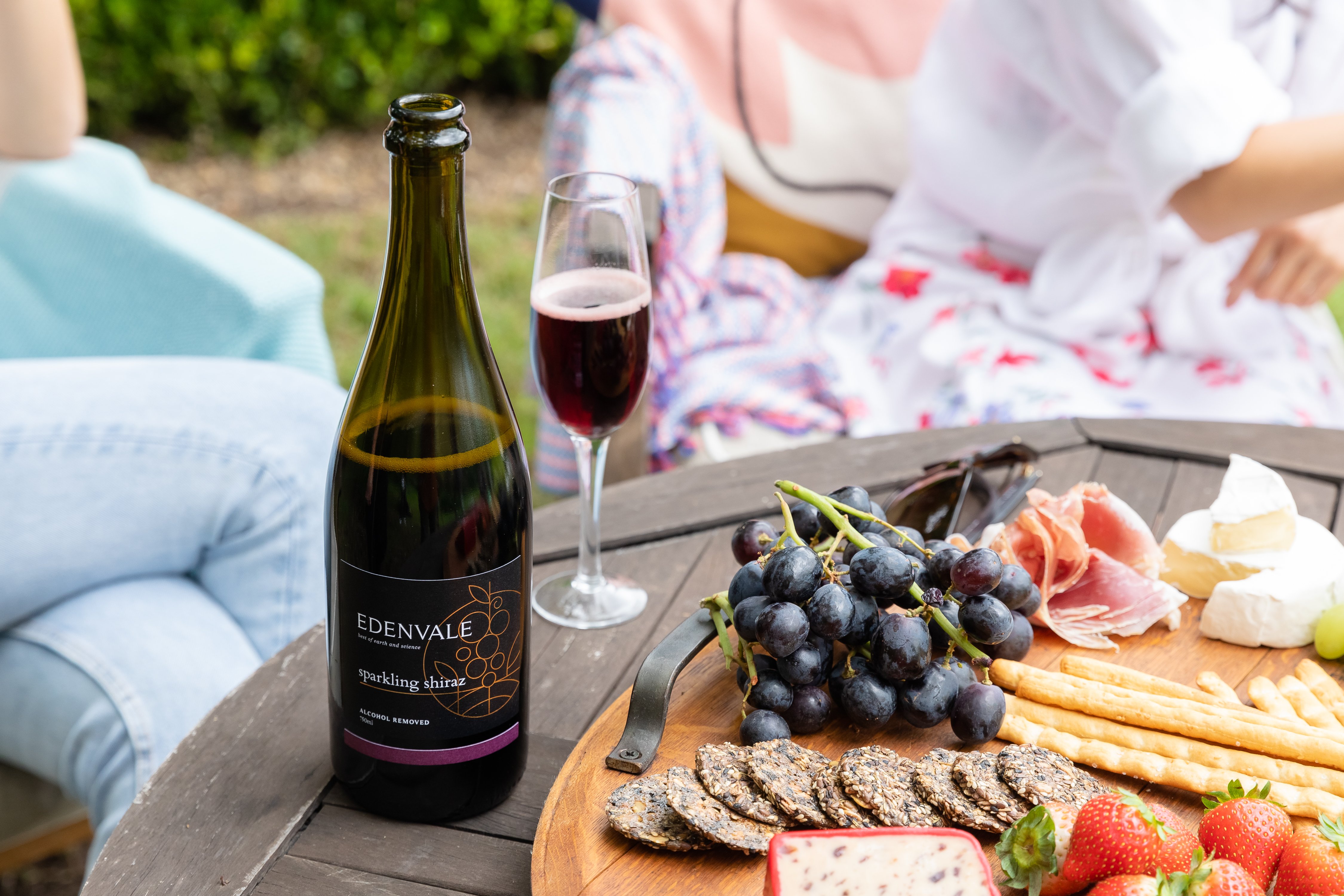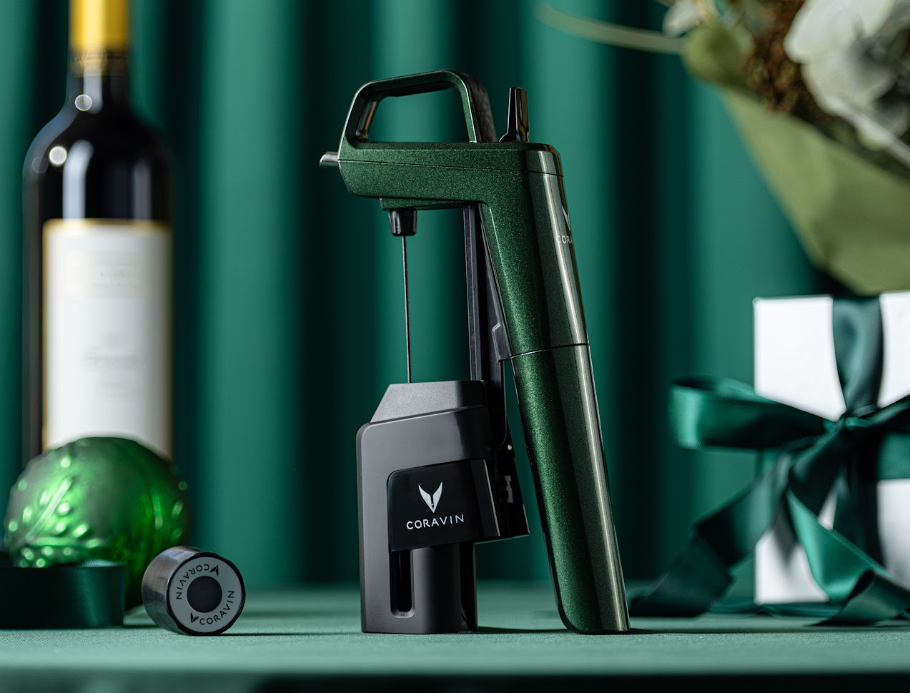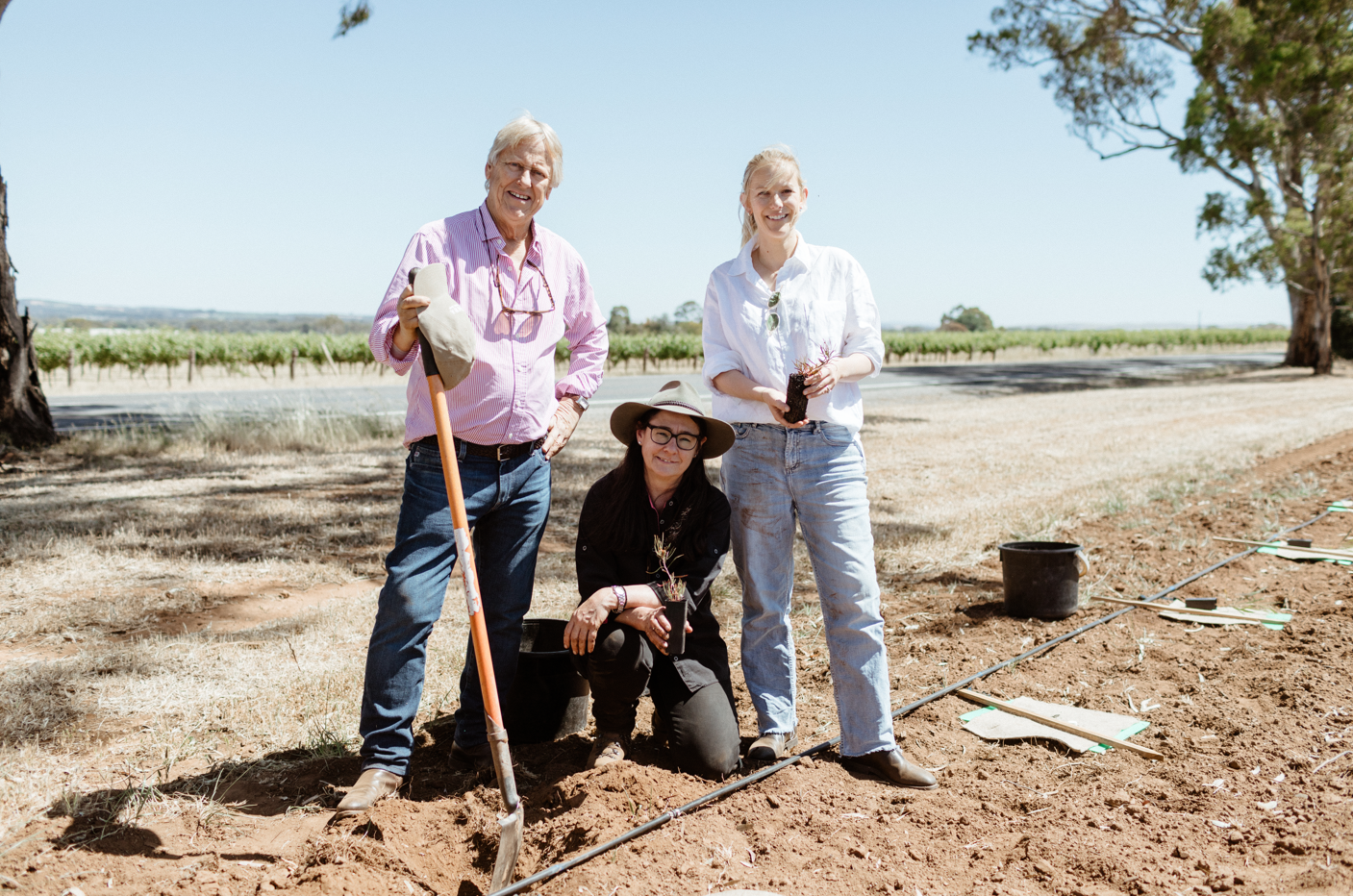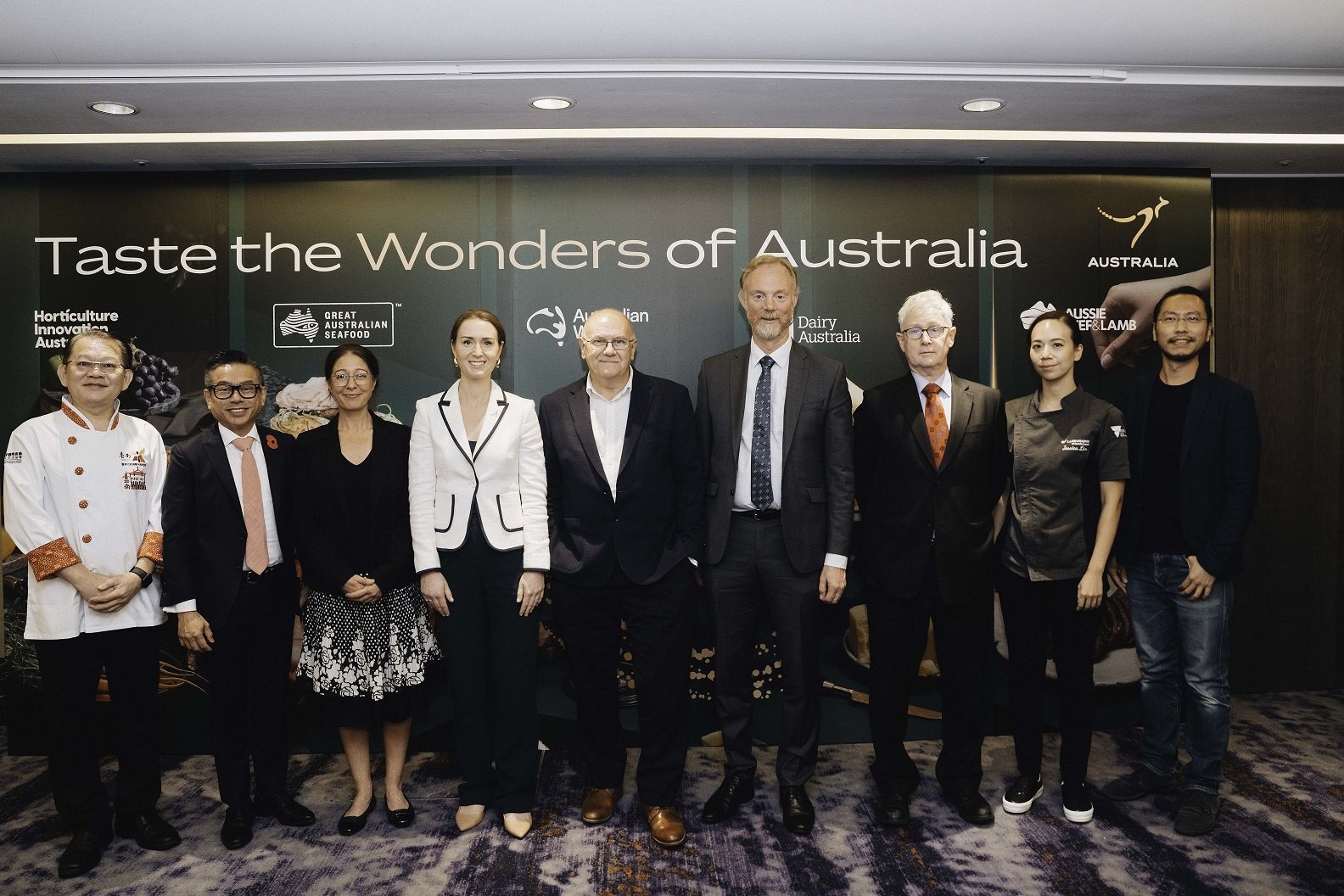Global Champagne sales have plummeted to their lowest level since 2004, with Australia among the countries to suffer a fall.
The Comité Interprofessionnel du Vin de Champagne (CIVC) said the overall number of bottles sold fell 1.8% to 302 million in 2018, although total revenue edged up 0.3% to a record 4.9 billion euros as prices rose.
Australian sales fell by 1.8% to 8.4 million bottles and by 6.4% in value.
It's a marked contrast to 2017, when Australia was ranked the fastest-growing of champagne’s top 10 markets by both volume and value. However, it still remains Champagne’s sixth largest export market by volume, with Comité co-president Jean-Marie Barillère noting that "when you consider the population of Australia, we’re not doing too badly.”
Both Woolworths and Pernod Ricard have recently pointed to a "wealth effect" damaging the fortunes of Champagne locally.
Woolworths CEO Brad Banducci said last month that there had been a significant drop in champagne sales at his stores, with shoppers switching to cheaper sparkling wine.
He blamed the trend on rising fuel and housing prices, with Dan Murphy’s stores budget-conscious drinkers in the face of a weakening of perceptions of wealth.
“In Dan Murphy’s we saw a little bit of that with a material trading down from champagne to sparkling wine, for example, which flowed through our results," he said.
“I think that goes to feelings of affluence,’’ Banducci told The Australian, “and whether you feel affluent, and we just saw a marked trend downwards (in champagne sales)… it was quite marked in the business.’’
By contrast, prosecco sales were up 53% in Australia in 2018. CIVC also admitted Champagne was feeling strong competition from Italian prosecco, which is three to four times cheaper.
“Champagne has its place in special events and when we get good weather on special events we expect that business to come back over time as well,” Banducci added.
Last week, Pernod Ricard Pacific CEO Brian Fry echoed Banducci's words, saying there was "no doubt that growth in some categories is being challenged".
Pernod Ricard's St Hugo was the official wine for Melbourne's F1 Grand Prix, which began last Thursday.
He told the Australian Financial Review that sales of premium Australian red wine had proven resilient in the face of the "wealth effect".
"Over Christmas we did see a softening in champagne," Fry said. "We haven't seen a big impact on premium reds. If we take St Hugo we are still seeing very strong demand for Coonawarra cabernet savignon and Barossan shiraz both domestically and internationally."
Share the content
